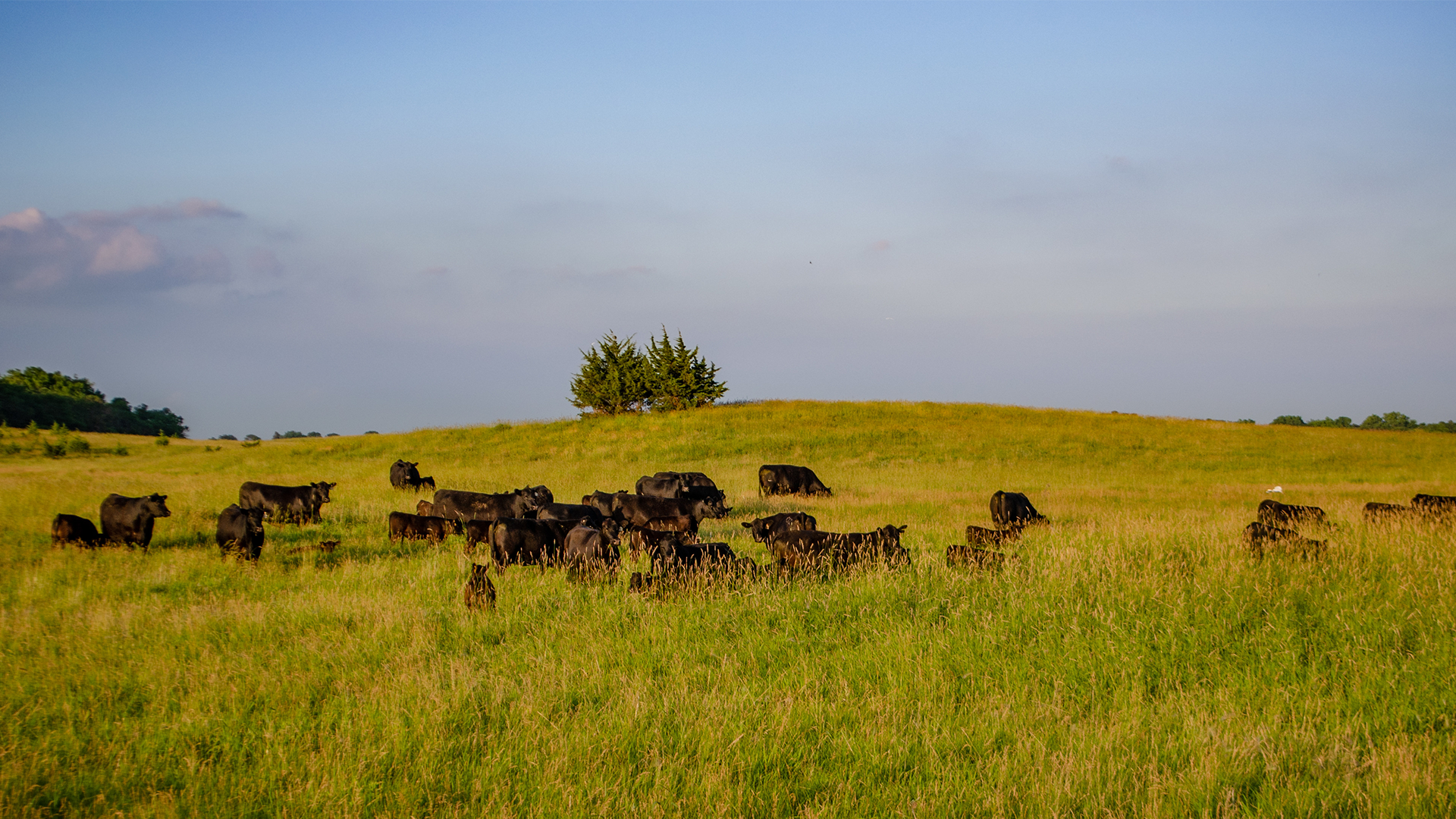America’s beef producers have been leaders in the area of sustainability. The Beef Sustainability Research program is proof of their commitment to producing responsibly raised beef to consumers across the globe. This Checkoff-funded program includes the assessment of sustainability using an approach that balances environmental responsibility, economic opportunity, and social diligence across the beef value chain. Research is conducted to provide the industry with science-validated sustainability indicators that serve as a benchmark of current status of the industry and provide a path forward of continuous improvement. The research encompasses the entirety of the beef industry from birth of the calf to the consumer, and the sustainability assessment marks the first and largest research project of its kind. The program is a proactive and innovative scientific approach to creating a sustainable beef product for a growing world population while gaining consumer confidence in beef.
Specific objectives include:
- Maintain consumer confidence in beef as a sustainable food
- Conduct research to benchmark and improve the sustainability of beef
- Serve as an industry resource for current, science-based, beef sustainability information
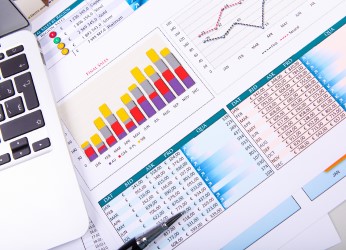
The Economic Value of Beef Cattle Farming- and Ranching-Based Ecosystem Services
Does American beef offer social benefits beyond dietary protein for a growing global population? A recent study funded by the Beef Checkoff has calculated the economic value of the diverse social benefits derived from beef production in the United States and by state. Click here to view the fact sheets by state.
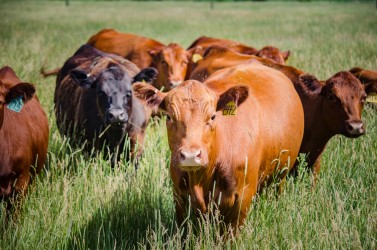
Beef Sustainability Videos
These videos provide concrete examples of what farmers and ranchers from disparate regions across the United States are currently doing day-to-day on their operations to be good stewards of the land, contributors to their communities, and responsible caretakers of their animals. They each measure continuous improvement according to their desired sustainability outcomes and resources available to their individual operations.
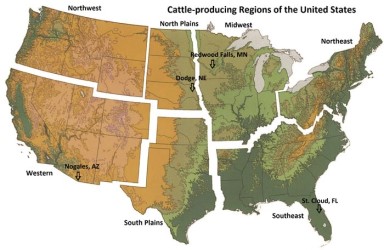
Characteristics of Beef Cattle Operations
As part of the Beef Industry Sustainability Assessment, a nationwide characterization of regional beef production practices was conducted. Data on cattle production practices were gathered through voluntary surveys and on-site visits in 7 cattle-producing regions. These data provide information that is not readily available from other sources to help characterize representative cattle production systems used in the life cycle assessment of beef.
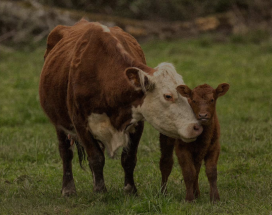
Tough Q&A
How do we define sustainability? How does beef fit into a sustainable food system? Are U.S. cattle causing an increase in global warming? Questions surrounding these hard-hitting topics and more are broken down into easily digestible fact sheets and animations with information provided by top-level researchers in the field.
U.S. Cattle Production Sustainability Overview
This two-page executive summary puts into context the science supporting U.S. beef cattle sustainability, including greenhouse gas emissions, upcycling, and the ecosystem services to the country uniquely contributed by U.S. cattle.
Sustainability Life Cycle Assessment - Phase 2
The goals of this Checkoff-funded study were to expand the original (phase 1) beef industry sustainability assessment to more accurately benchmark the eco-efficiency of the U.S. beef industry as part of an ongoing study of the U.S. beef industry.
What is Economic Sustainability and Why Does it Matter?
This Fact Sheet provides an overview of the definition of economic sustainability across the beef cattle supply chain and its impact in the short- and long-Run.
Quick Stat Calculations
Take a closer look at the calculations and sources used to create the most commonly cited beef sustainability statistics on multiple topics including: improvements in productivity and efficiency, emissions and feed.
